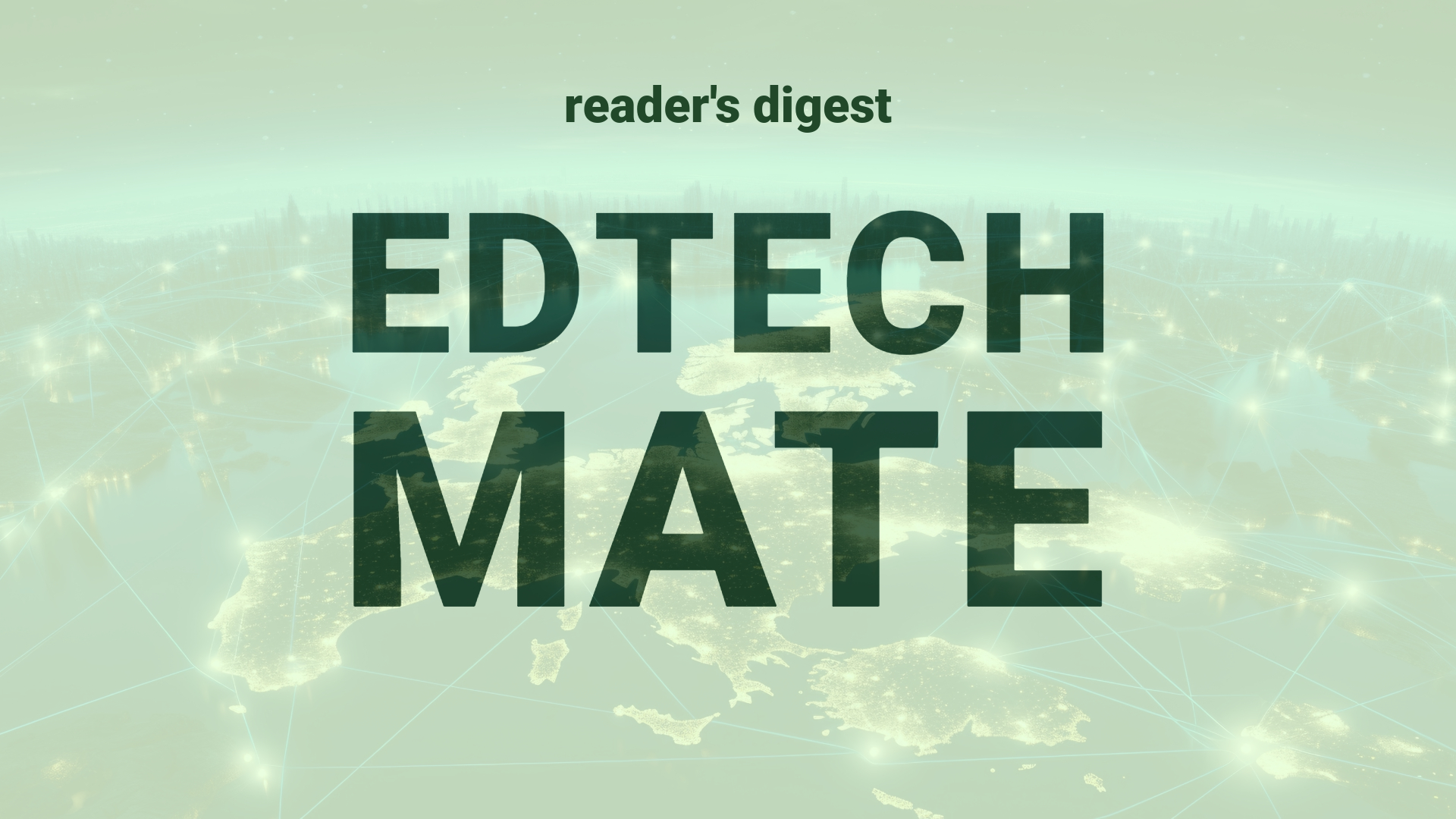“`html
Executive Summary and Main Points
Anthropic, an AI startup founded by ex-OpenAI research executives, has introduced Claude 3, its latest suite of AI models including Claude 3 Opus, Sonnet, and Haiku. With Claude 3 Opus reportedly outperforming GPT-4 and Google’s Gemini Ultra, the suite marks a significant leap in AI capabilities, with undergraduate and graduate level knowledge and reasoning, coupled with advanced mathematics. A novel feature is its multimodal support, allowing analysis of diverse unstructured data. This development reflects the generative AI surge with a record $29.1 billion investment in 2023, amidst discussions on bias and ethical considerations.
Potential Impact in the Education Sector
The introduction of Claude 3 and its advances may greatly influence Further Education and Higher Education by facilitating comprehensive data analysis and expanding the depth of interactive learning tools. The capacity to summarize extensive texts could revolutionize study materials preparation and research. In the realm of Micro-credentials, such AI models could offer personalized learning experiences and grading automation. The emphasis on strategic partnerships with companies such as Airtable and Asana underscores the potential for multifaceted applications in education facilitated through digitalization.
Potential Applicability in the Education Sector
Claude 3’s high-performance AI models could be pivotal in curating customized educational content, automating administrative tasks, and providing multimodal learning interfaces. This aligns with the global digital transformation in education, where systems are increasingly integrating AI to enhance teaching and learning processes. The AI’s ability to handle large datasets may empower educators to better understand student learning patterns and outcomes, thus tailoring educational strategies appropriately on a global scale.
Criticism and Potential Shortfalls
Despite its advancements, Claude 3 has generated concerns around biases and the creation of inaccuracies, highlighted by the recent challenges faced by Google’s AI image generator. Comparatively, while not yet generating images, Claude 3’s multimodal analysis must navigate ethical and cultural implications, ensuring accuracy and sensitivity to diverse educational contexts. Comparative international case studies highlight the need for rigorous vetting and local adaptations of AI tools in education to minimize harm and maximize relevance and utility.
Actionable Recommendations
For the technology to be effectively integrated into the education sector, international education leadership should consider forming dedicated teams for testing and evaluating AI models within educational contexts. Institutions should pursue strategic partnerships for piloting AI tools, enabling the development of bespoke solutions catering to their unique needs. Investing in teacher training around digital tools will be critical to leverage these technologies, ensuring that the potentials of AI such as Claude 3 are fully realized in enhancing global higher education dynamics.
“`
Source article: https://www.cnbc.com/2024/03/04/google-backed-anthropic-debuts-claude-3-its-most-powerful-chatbot-yet.html

